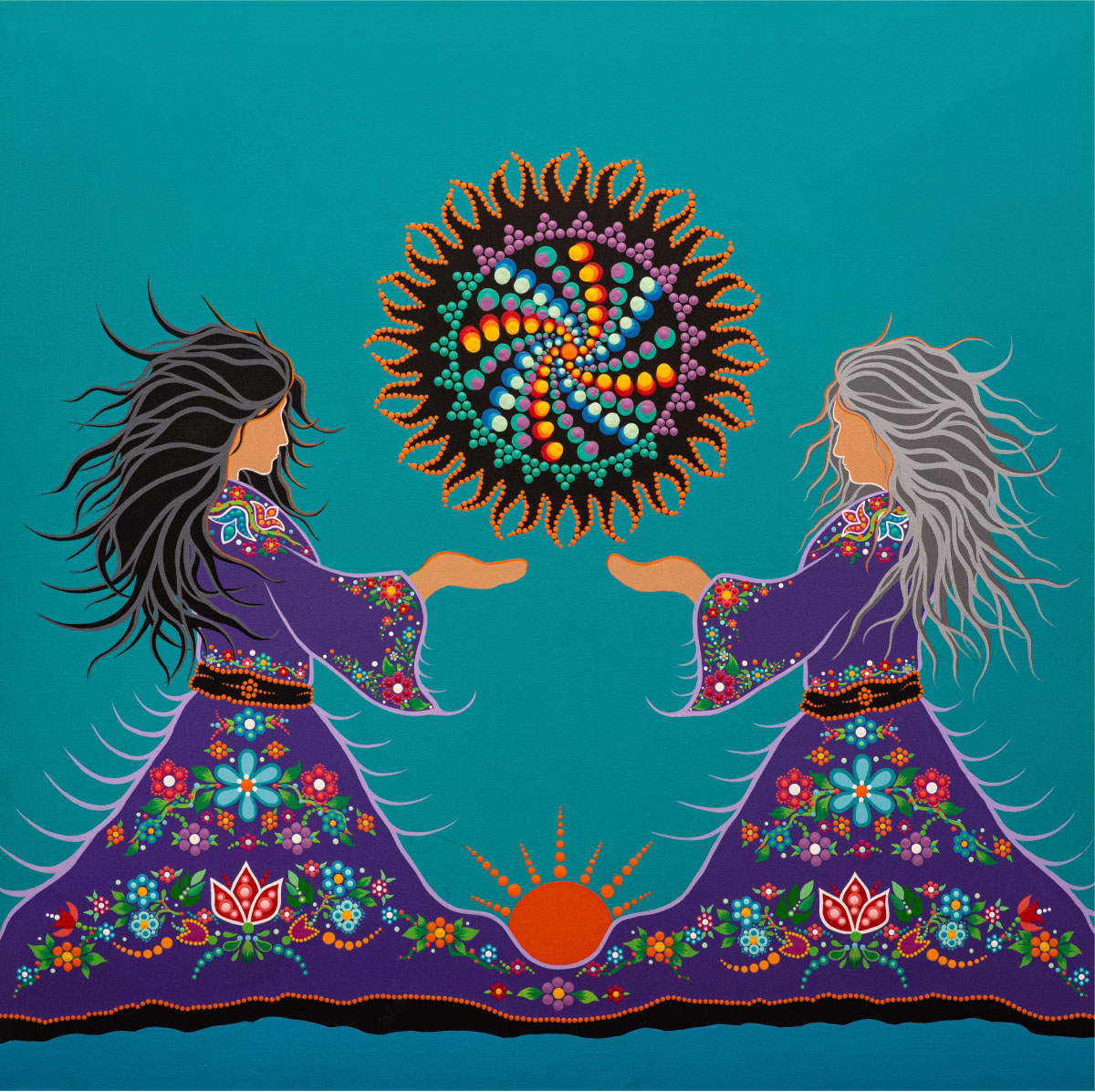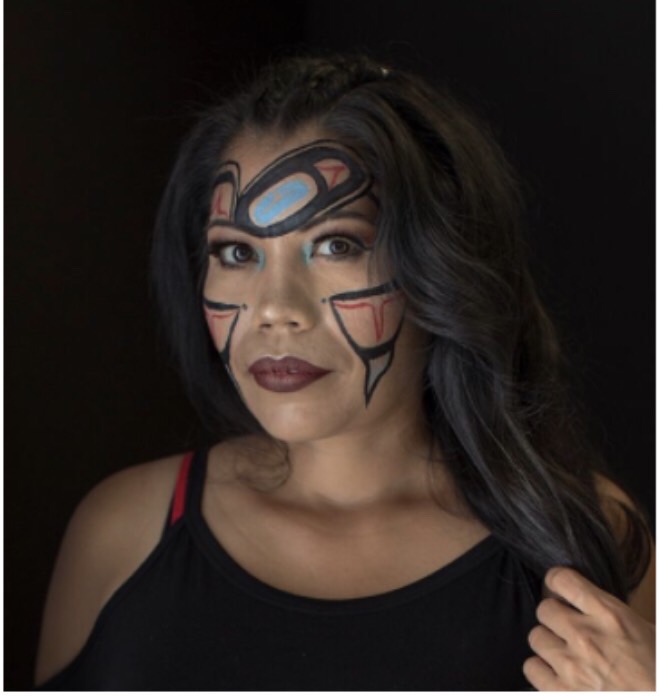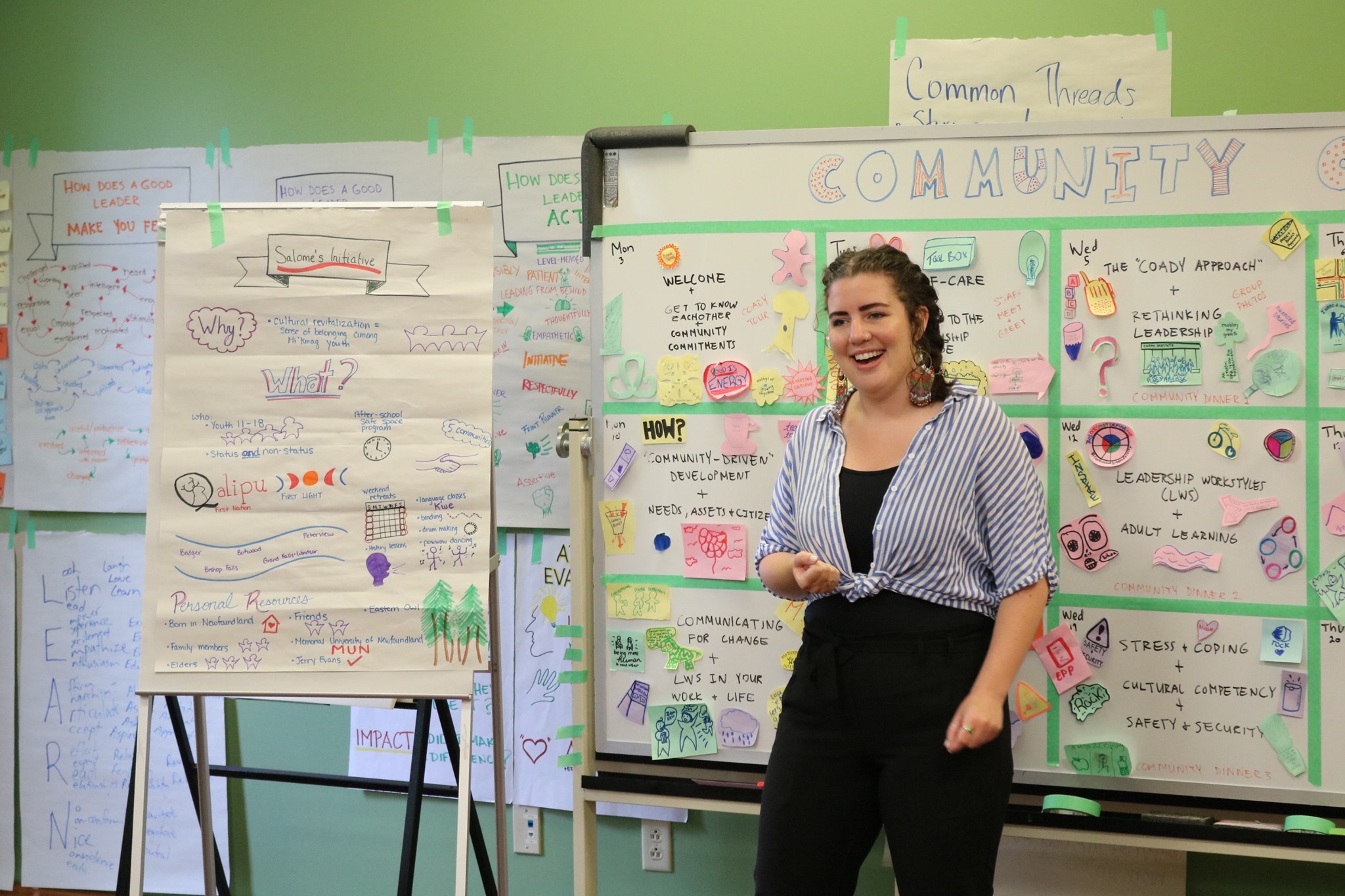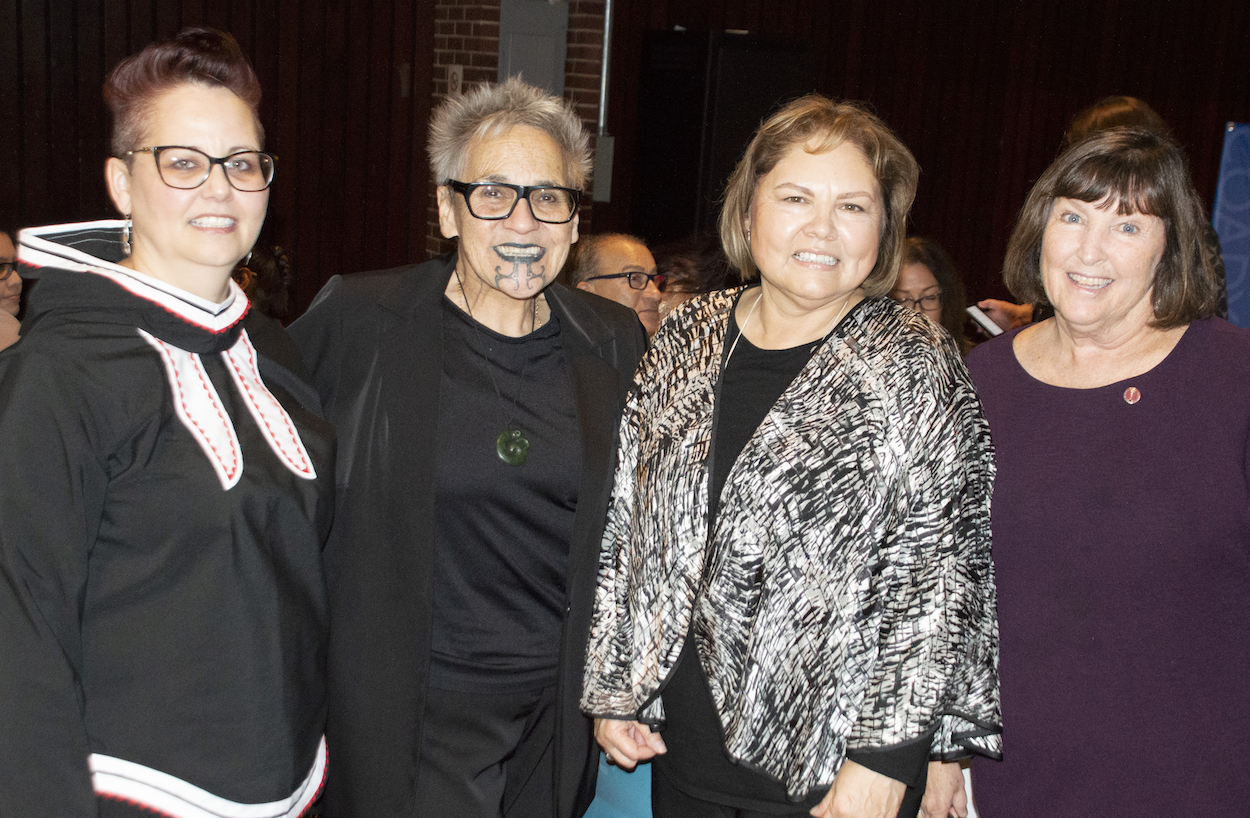Circle of Abundance
In June 2020, Coady Institute launched the Circle of Abundance – Amplifying Indigenous Women’s Leadership bringing together the institute’s work with First Nations, Métis, and Inuit women leaders. The Circle of Abundance provides educational opportunities, learning events, and nurtures partnerships across the country.
Our approach is informed by more than a decade of working with Indigenous graduates, mentors, and Elders and emphasizes the abundance of gifts, talents, and contributions that are alive in all Indigenous communities.
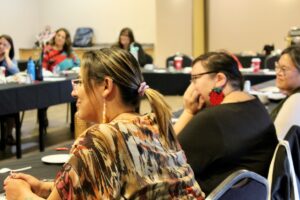 We use a Two-Eyed Seeing (or Walking in Two Worlds) approach, meaning that teaching and learning practices are grounded in Indigenous worldviews, values, and teachings while sometimes using western tools and methods that align with those practices. Working alongside a Circle of Abundance Advisory Group, our team continues to look at ways to decolonize our programming both within the Circle of Abundance and across Coady while supporting Kiknu, StFX Indigenous Student Affairs.
We use a Two-Eyed Seeing (or Walking in Two Worlds) approach, meaning that teaching and learning practices are grounded in Indigenous worldviews, values, and teachings while sometimes using western tools and methods that align with those practices. Working alongside a Circle of Abundance Advisory Group, our team continues to look at ways to decolonize our programming both within the Circle of Abundance and across Coady while supporting Kiknu, StFX Indigenous Student Affairs.
Our flagship Indigenous Women in Community Leadership program is grounded in relational practices and mentorship opportunities that will build upon their trusted leadership capacities for community-led, community-driven work. IWCL’s approaches to community building and social change are rooted in individual and collective responsibility, reciprocity to the community, and relationship to one another and the land.
The Indigenous Women in Community Leadership program includes the guidance and support of experienced mentors who work with program participants.
Our Building on Abundance in Indigenous Communities online course introduces Indigenous principles and practices for community work that build upon strengths and assets so that participants can help meet the needs of present-day Indigenous families, communities, and Nations.
We also have partnered with the Saugeen First Nation, AB; Further Education Society of Alberta, the Urban Aboriginal Voices Society, Red Deer, AB; Native Communities Cooperative Development; and Wapna’kikewi’skwaq, Women of First Light, for various online and in person workshops, training sessions, and educational sessions.
7 Principles of Community Building in Indigenous Communities
These principles have emerged from examining a cross-section of approximately 40+ Indigenous graduate stories over the last twelve years and by reviewing and integrating the ABCD principles of the ABCD Institute and Tamarack Institute. These are just some common principles that emerged to help explain how Indigenous peoples successfully built and engaged their communities in the past and the present.
#1 Every Indigenous person and community has gifts within:
Individuals are assets. Each individual already has unique gifts and talents to bring to the table: skill sets, visions, perceptions, passions, etc. Answers to community challenges can begin with building on what we already have. One arrow can break easily, but it is difficult to break a bundle of arrows together; their strength comes from collectively being bound together.
#2 Starts with what we already have:
#3 Starts with spirit:
#4 Relationships/connections are central:
#5 Asking, listening, and sharing our stories is key:
#6 Indigenous leaders involve others:
#7 Decision-making, future generations & shared vision:
Adapted from Building on Abundance in Indigenous Communities Course Manual Spring 2021. – K. Paul & B. Peters
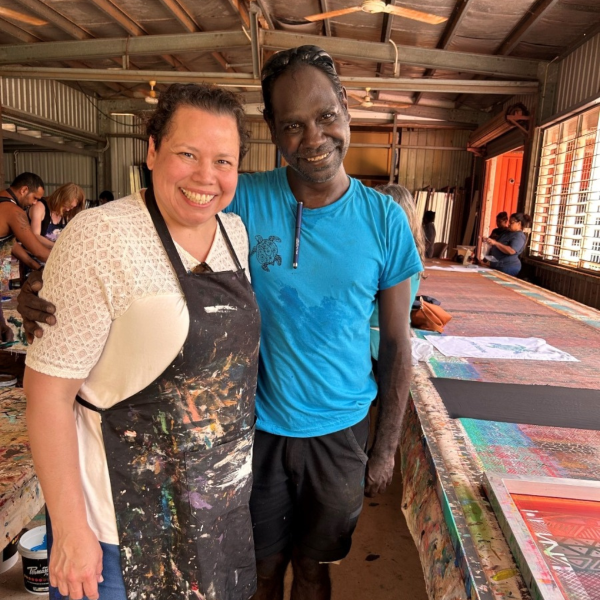
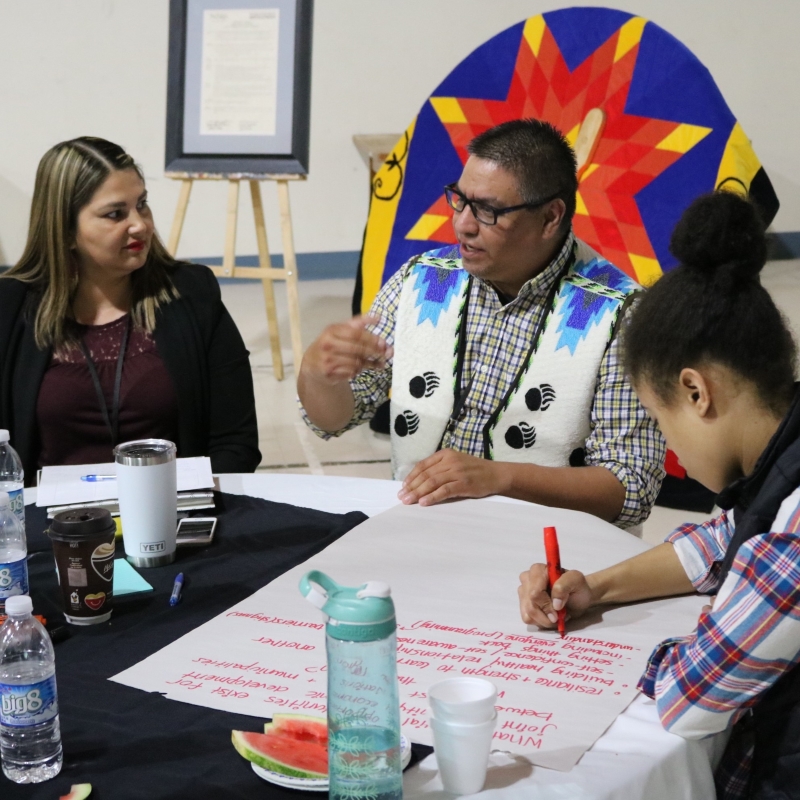
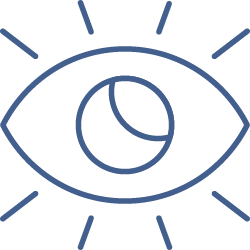
Vision
Indigenous women* thriving in abundance
*any human being embracing the roles and responsibilities of women, ex. Seed carrier, caregiver, teaching culture
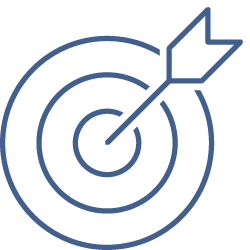
Mission
Indigenous women awakening, reclaiming, revitalizing and re-matriating who we are as leaders.
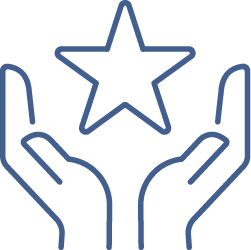
Values
- We welcome any human being embracing the roles and responsibilities of women and acknowledge their unique contributions.
- We all carry gifts that are needed in our communities,
- We lead guided by the wisdom of our Ancestors, which includes spirit,
- We strive to use a good mind and good heart in all relationships,
- We are mindful of our responsibilities to future generations and the land,
- We honour and seek to integrate Indigenous knowledge, languages, and ceremonies where appropriate,
- We are community-based and community-driven focused and strive for community-based program delivery,
- We build capacity for like-minded community lifelong learners,
- We ground ourselves in Indigenous worldviews, teachings, and laws,
- We use a holistic approach,
- We honour shared Indigenous values,
- We foster connection, friendship, and support
Programs include:
No Results Found
The page you requested could not be found. Try refining your search, or use the navigation above to locate the post.
News and Events
Butterflies in Spirit: Meet MMIWG Advocate Lorelei Williams
Graduate Lorelei Williams is raising awareness and advocating for victims and families of Murdered and Missing Indigenous Women and Girls (MMIWG) through Butterflies in Spirit – a dance group comprised of family members of MMIWG, formed to empower Indigenous women and raise awareness about her aunt Belinda Williams who went missing in 1978, and cousin Tanya Holyk who was murdered in 1996.
Jeannine Deveau Education Equity Endowment Fund set to Amplify Celebrity Donation to StFX’s Coady Institute
Every new $1 becomes $2 dollars as fund agrees to match donations | Earlier this week, Coady Institute kicked off a campaign in support of the Institite’s Indigenous programming. Ryan Reynolds’ and Blake Lively’s $200,000 gift launched the campaign. The Jeannine Deveau Education Equity Endowment Fund is now willing to commit $500,000 to Circle of Abundance – Amplifying Indigenous Women’s Leadership by matching dollar-to-dollar Blake and Ryan’s donation and up to another $300,000 to match any new donations.
Mentor Enthusiastic about Past and Future of Coady’s Indigenous Program
As with many things, it began with a phone call. For Marie Delorme that phone call came from a colleague 11 years ago and included an invitation to have dinner with Mary Coyle to discuss a concept that led to the founding of Coady’s Indigenous Women in Community Leadership (IWCL) program, which now has more than 144 First Nation, Métis, and Inuit women graduates.
“The Circle of Abundance is something I support because I believe that there’s no stronger advocate for a community than those living within that community. I believe in women. I believe in their power to build local economies. I believe in their power to build resilient communities. It’s incredibly exciting to be working with Indigenous leaders at Coady, learning from their lived experiences, and of course their collective wisdom.”
– Ryan Reynolds and Blake Lively

